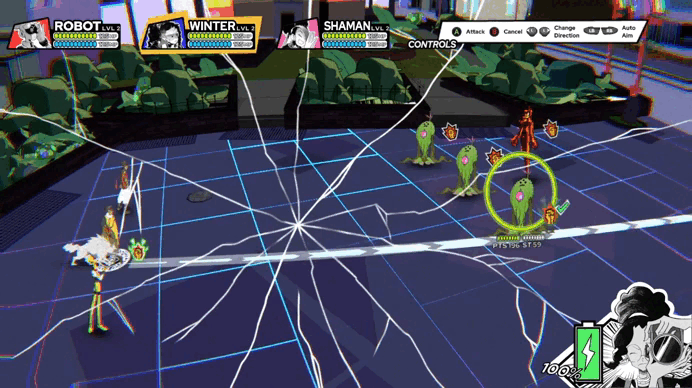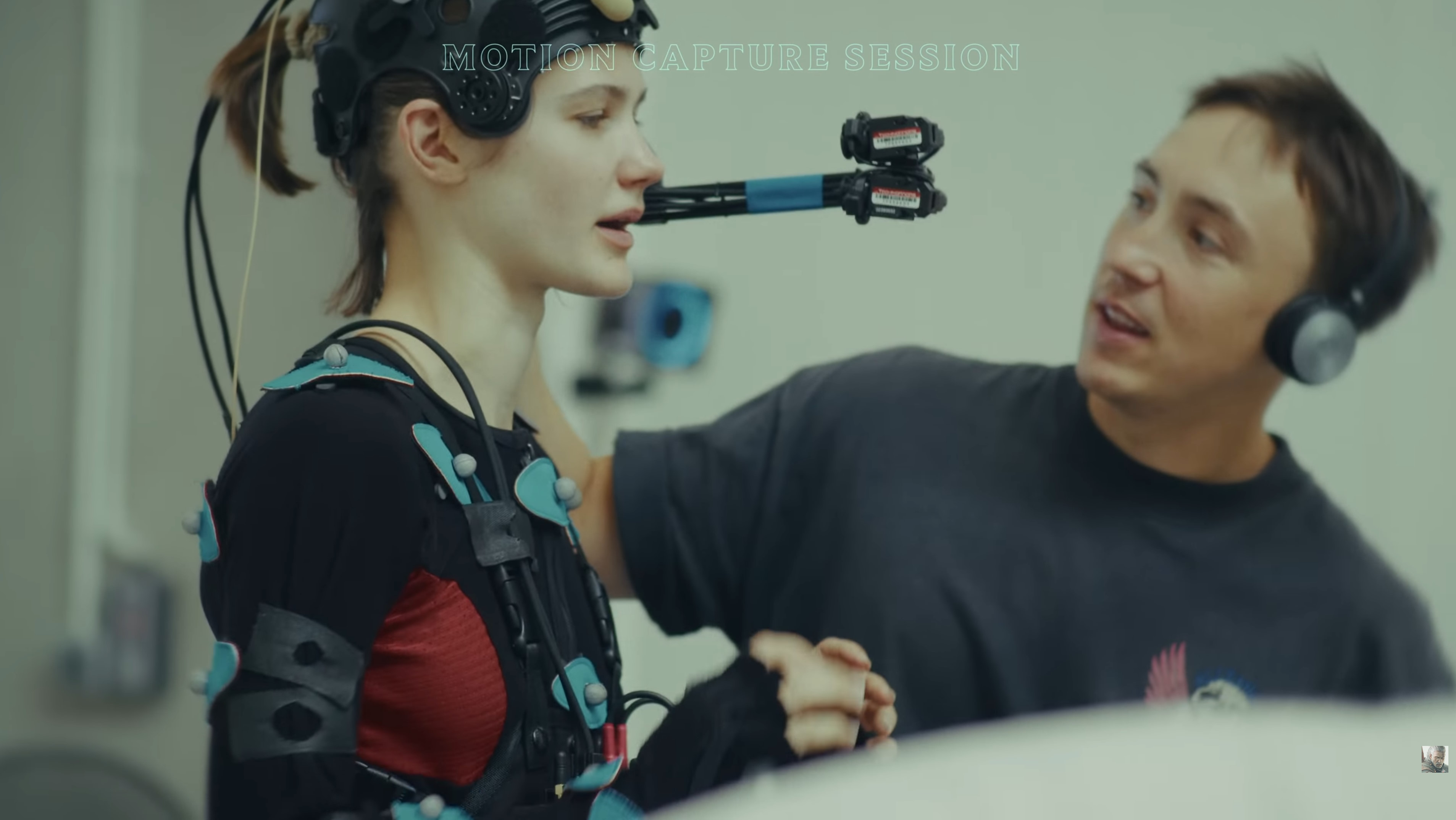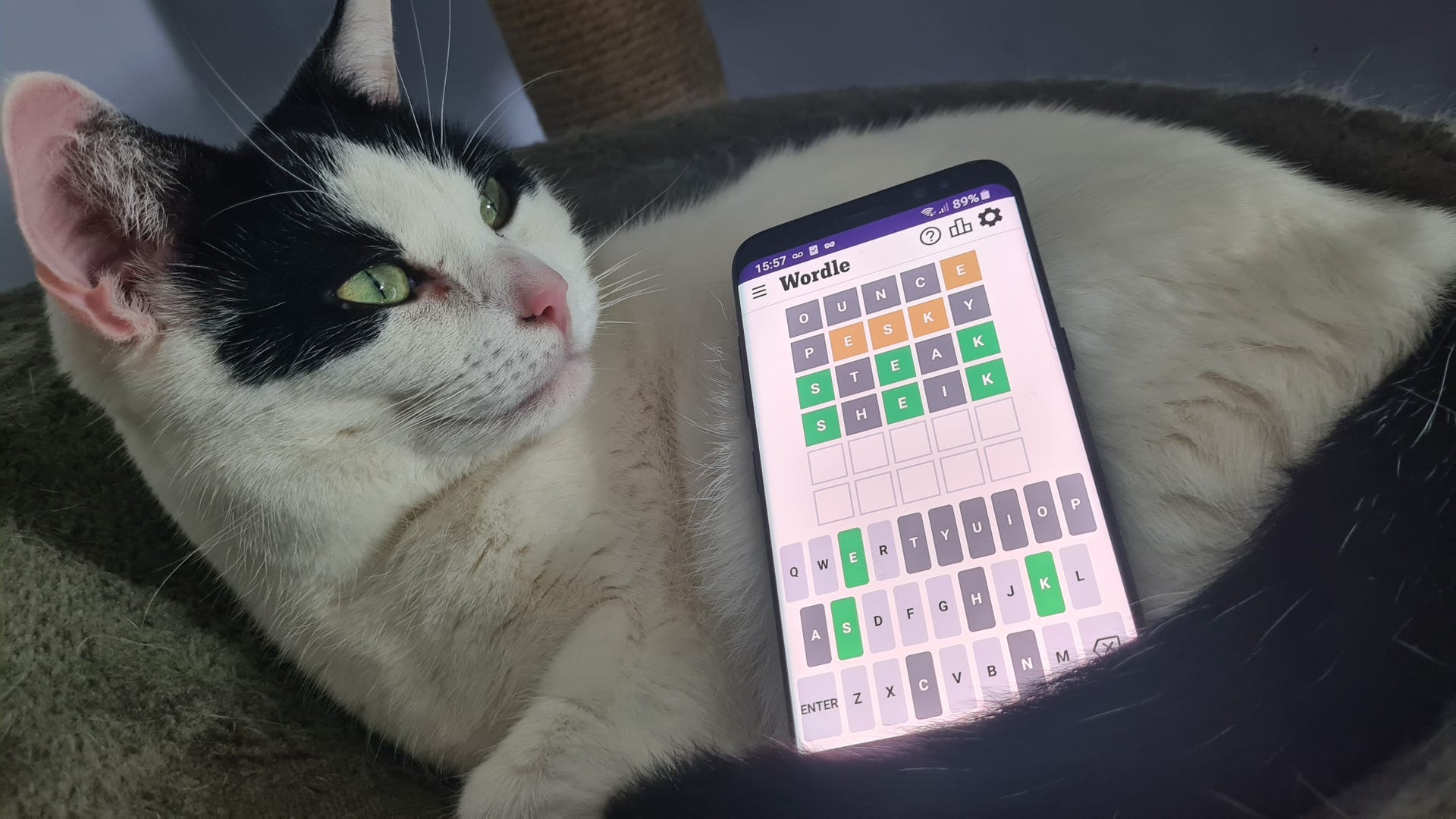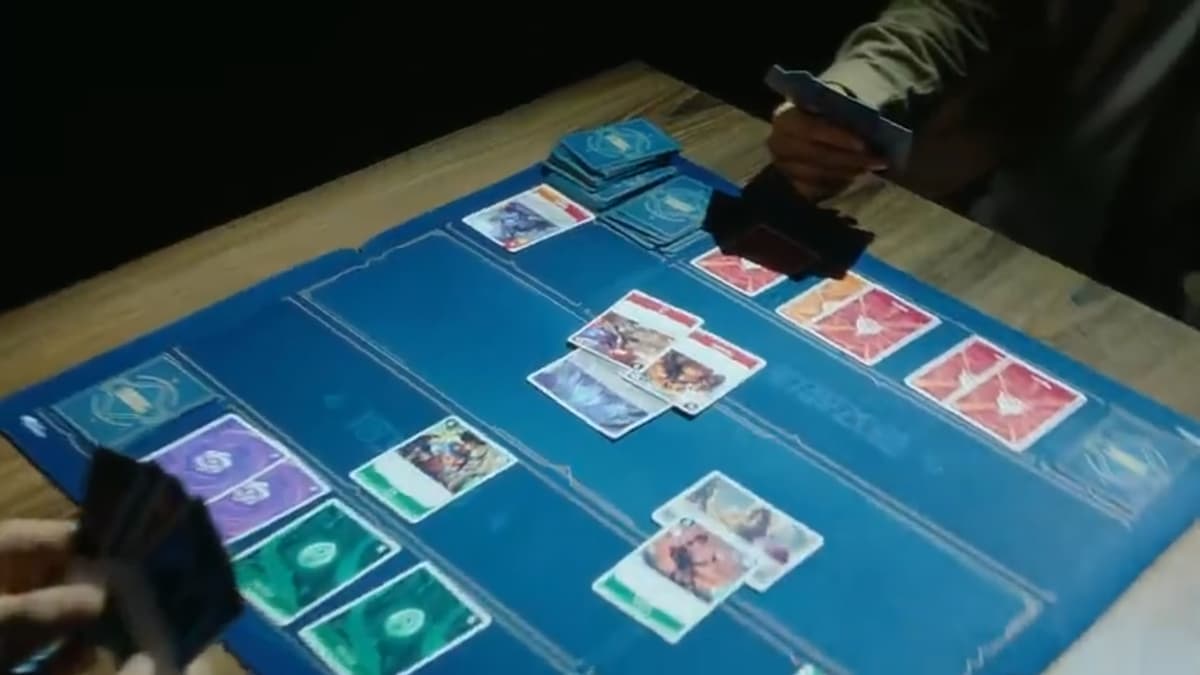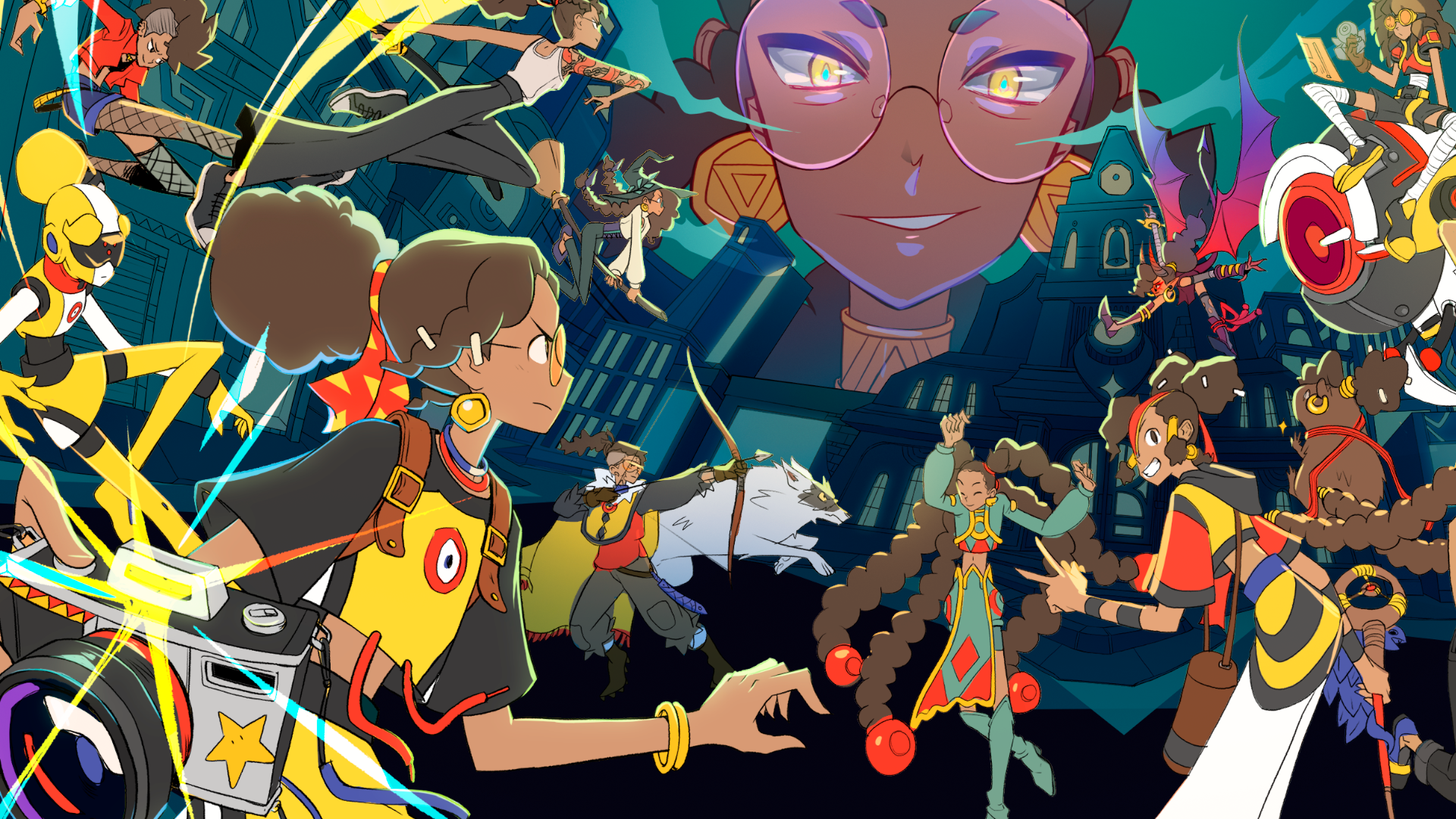
Fights, a camera, and some turn-based action.
I recently had the pleasure of an early look at Prisma, an upcoming Persona-style RPG from the creators of Crisis Tales, which was an ambitious indie project with a big emphasis on time travel. While it didn’t quite hit with our reviewer Alistair Jones at the time, I’m glad to see developer Dreams Uncorporated’s back for another swing, because it’s got something really interesting cooking.
Prisma is an upcoming JRPG with a shorter planned runtime than its inspirations, mercifully—I’m still recovering from my Metaphor: ReFantazio playthrough. It’s got a multiversal bent on the concept: Instead of collecting Archetypes or Personas, you’ll be gathering alternate versions of the protagonist, Alma. I’m told by CEO Carlos Rocha and CCO Jeff Cardenas that the idea was inspired by the classic JRPG pastiche of job systems:
“In RPGs, you can change those job classes, [so] we started thinking: If you change your clothes, it suddenly means that you can do black magic. That was always weird to us. So we thought: What if we actually make this into a feature of the game, where the other characters are other versions of you, with their own backstory, their own decisions made in their circumstances.”
Alma’s a journalist living in Colombia—a country with, let’s call it, a complicated relationship with journalism—who gets hucked into Domacon, a strange world filled with other versions of herself. Some ally with her, some fill the shoes of antagonists, and some just vibe out and run a shop. Hey, somebody’s gotta do it.
The main Crisis Tales-style spin here has more to do with Alma’s profession than it does her crew of what-ifs. Players will be able to make use of different camera lenses in its turn-based combat, which also uses a positional grid system. For example, a fish-eye lens will curve your party’s attacks, allowing you to ignore the frontline of an enemy encounter—conversely, a cracked lens will fracture your attack into a bunch of different beams, acting as an on-demand AoE. These lenses work both ways, mind—though that’s something you can work to your advantage, too, redirecting enemy attacks into a reflective shield.
When compared to Crisis Tales’ ambitious swing at time travel, the lens system strikes me as a more manageable mechanic from a development standpoint. It’s just high-concept enough to be interesting, without breaking the genre’s systems too hard over its own knee.
Visually speaking, while I’m still looking at a work in progress, Prisma already looks really charming. The alternate versions of Alma do a really solid job of differentiating themselves despite using the same base character design, and the enemies—inspired by Latin American folklore—are all stylishly animated.
The juice, so to speak, will likely lie in how well it executes on the JRPG genre’s cornerstone: Story. While the game’s planned to be a shorter experience, at around 20 hours (due to the devs not wanting to “put too much water in the soup”), it’s already playing around with some super interesting narrative concepts.
Your alter-Almas, of which there’s planned to be seven, will align your Alma with their worldview as you bond with them, giving you the usual Persona-style suite of abilities, side quests, and conversations. I’m told you’ll be able to max out about four on any given playthrough—which makes sense for the game’s shorter runtime.
It’s all early days at the moment, though, Dreams Uncorporated has plans to release a Kickstarter in 2025—and I genuinely wish them all the best. Prisma is just as ambitious as the studio’s past game when it turns to high concept, but it’s playing around with a lot of really cool ideas and clearly has some excellent art talent on-board. Now all that’s left is to get everything in-frame.

